Developing countries have high hopes that President Barack Obamas readiness to work with other nations could clear the way for a deal in the World Trade Organisations (WTO) long-running Doha trade talks. But the reality of tackling the global crisis, as the United States seeks new export markets and poor countries push for a deal to foster economic development, is driving the two apart.
"One of the main things that gives rise to some hope is that there is some stronger sense of multilateralism in the Obama administration," said South Africas deputy trade and industry minister, Rob Davies. Davies told Reuters he hoped a sense of the need for greater fairness between developed and developing countries would prompt the administration to come up with more balanced proposals.
The diplomatic style of the Obama administration is less confrontational than its predecessor under George W. Bush, and that is outweighing concerns a Democratic administration could be more protectionist than the Republicans. The next US move on Doha, launched in late 2001 to open up world trade and help developing countries export their way out of poverty, must await the confirmation of Obamas nominee as US trade representative, former Dallas mayor Ron Kirk. The Senate Finance Committee now plans hearings on March 9.
It could be another couple of months before Kirks team, assuming he is confirmed, is up to speed. WTO Director-General Pascal Lamy said on Wednesday he hopes to bring ministers to Geneva before the European summer break to push for a Doha breakthrough. In the meantime, optimistic negotiators in Geneva have planned a session in May on "scheduling" -- the detailed process of fleshing out the agreed outlines of a deal into thousands of individual tariffs -- so that developing countries will know what to do should a deal suddenly be struck.
An emerging deal, based on negotiating texts ahead of the proposed but cancelled meeting in December, would see rich countries cut farm tariffs and subsidies in return for advanced developing countries opening their markets for industrial goods. But the give and take of that bargain -- in diplomatic jargon the "balance" and "ambition" -- are highly contentious. The highly complex Doha talks do not come down to a simple rich-poor divide.
Developing countries have their own interests which may conflict. But the North-South faultline is crucial. For poor countries, the Doha round was launched specifically to promote development, not least by removing distortions in the global trading system that disadvantage developing countries.
Foremost among those are rules for trade in farm produce, where rich countries use subsidies -- exceeding, Davies says, sub-Saharan Africas entire gross domestic product -- to squeeze poor-country farmers out of the market, while sheltering their own farmers behind high tariff walls. The Obama administration is already looking at the social aspects of its farm support programmes, at least domestically.
Agriculture Secretary Tom Vilsack, backing proposals to cut subsidies for rich farmers, said on Monday that Congress must weigh more clearly the needs of 30 million children versus 90,000 farmers. But for all its multilateralist instincts, the Obama administration will have to sell a trade deal at home, and that will require new opportunities for US businesses.
The Obama administrations first annual trade agenda report said there could be no Doha deal until other countries make better offers to open their markets to US goods, a pointed reference to emerging powers China, India and Brazil.
"It will be necessary to correct the imbalance of the current negotiations in which the value of what the United States would be expected to give is well-known and easily calculable, whereas the broad flexibilities available to others leaves unclear the value of new opportunities for our workers, farmers, ranchers and businesses," it said. Brazils WTO ambassador, Roberto Azevedo, cautioned against reading too much into the report, and said the US stance would soon become clearer.
"I can say exactly the same: I expect others to make more contributions -- what is in the package is not enough for Brazil, we would like a lot more from others," he said. But Azevedo warned that Brazil -- one of the strongest proponents of a Doha deal -- would not allow the current finely balanced package on the table to be reopened in a way that pocketed the concessions it had made over seven years while exposing Brazil to new demands.
South Africas Davies agrees that developing countries must offer something in return to rich nations in exchange for reforms to agriculture. But the price being sought now outweighs the original boost to development, he said. "What is offered by the developed world in areas of export interest of the developing world is modest. What is demanded in return is excessive and greedy by comparison," he said in a lecture at Genevas Graduate Institute.
BR100
16,405
Increased By
92.5 (0.57%)
BR30
52,938
Increased By
579.1 (1.11%)
KSE100
158,781
Increased By
743.5 (0.47%)
KSE30
48,500
Increased By
249 (0.52%)


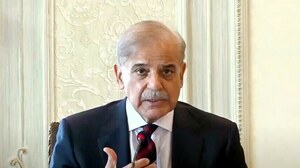


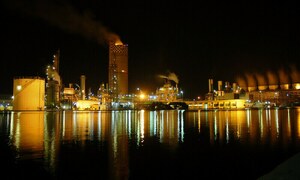
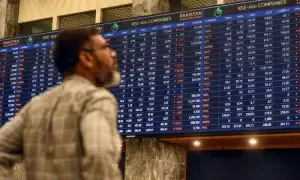
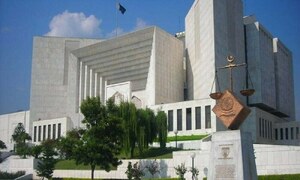
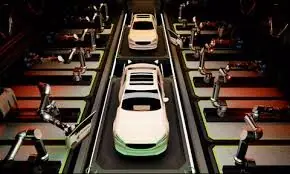




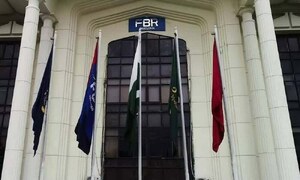
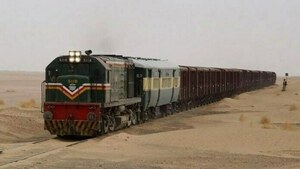
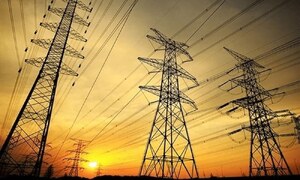

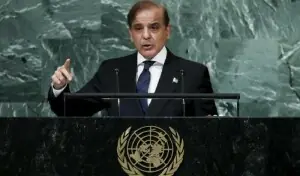
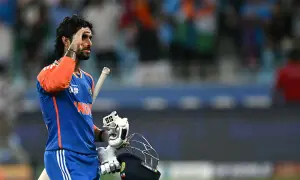
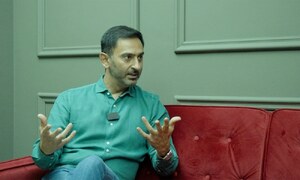
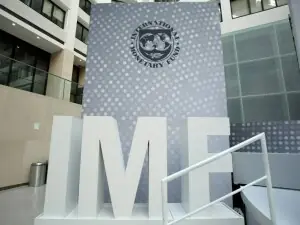
Comments
Comments are closed.